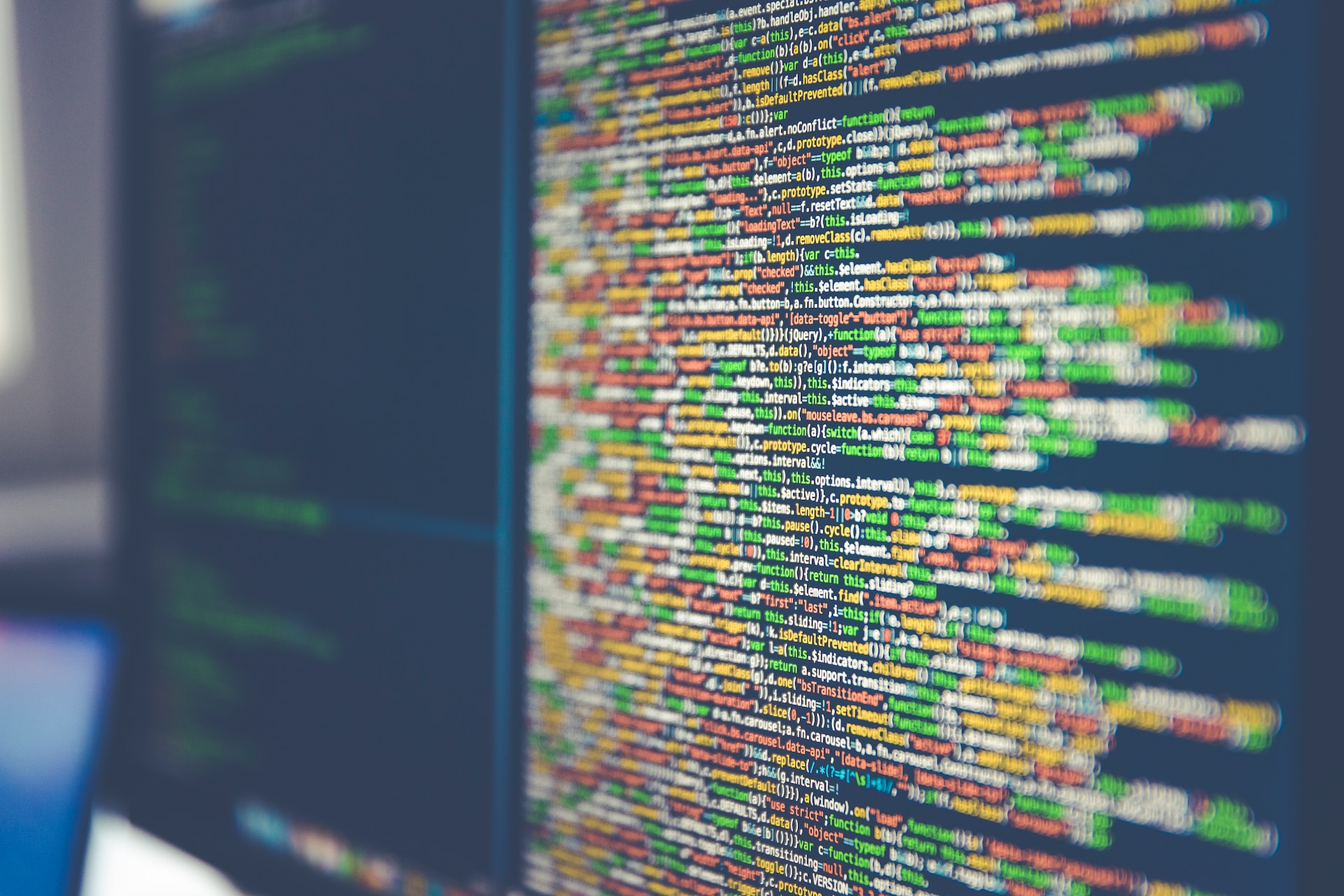[contact-form-7 id=”4740″ title=”Call me”]

Blockchain technology has taken the world by storm, revolutionizing industries and providing innovative solutions to age-old problems. However, beneath the surface of this decentralized marvel lies the critical aspect of security. If you’re considering investing in cryptocurrencies or exploring blockchain technology, it’s essential to understand blockchain security to protect your assets and make informed decisions.
Blockchain’s immutability is the bedrock of its security. Once data is recorded in a block, it cannot be altered without consensus from the network. This feature ensures that your transactions and records remain tamper-proof. Consulting with blockchain experts at Hashlock can help you secure your transactions and records through auditing. The decentralized nature of blockchain means that multiple participants must agree on any changes, making it practically impossible for a single entity to manipulate the ledger. This immutability is what safeguards your data and assets on the blockchain.
Cryptography plays a pivotal role in securing blockchain networks. Every participant on the blockchain possesses a unique cryptographic key pair – a public key and a private key. Your public key is your digital identity, while your private key is your secret password. When you make a transaction, your private key digitally signs it, proving your ownership and authorizing the transfer. As long as you safeguard your private key, your assets and data remain secure.
Blockchain relies on consensus mechanisms to validate and record transactions. The most well-known mechanism is Proof of Work (PoW), but there are also others like Proof of Stake (PoS). These mechanisms ensure that only legitimate transactions are added to the blockchain. By requiring participants to solve complex mathematical puzzles or stake their assets, consensus mechanisms make it exceedingly difficult for malicious actors to gain control of the network.
Smart contracts are self-executing agreements with the terms of the contract directly written into code. They automate trust by ensuring that contractual obligations are met without the need for intermediaries. While this innovation has revolutionized various industries, it also brings security challenges. Vulnerabilities in smart contract code can be exploited, potentially leading to the loss of assets. Therefore, auditing and testing are crucial to ensure the security of smart contracts.
Blockchain networks can be either public or private. Public blockchains, like Bitcoin and Ethereum, are open to anyone, while private blockchains restrict participation to a select group. The choice between these options impacts security. Public blockchains are more secure due to their decentralized nature and a larger number of participants, whereas private blockchains offer greater control but are vulnerable to insider threats. Your choice should align with your specific security requirements.
As blockchain technology evolves, governments worldwide are adapting their regulatory frameworks. Compliance with local laws is crucial to ensure the legality and security of your blockchain activities. Understanding the regulations in your jurisdiction, such as taxation and reporting requirements, is essential to avoid legal complications. Staying informed about the ever-changing legal landscape is key to safeguarding your blockchain investments.

Blockchain security is paramount in the world of cryptocurrencies and decentralized applications. Immutable ledgers, cryptography, consensus mechanisms, smart contracts, blockchain accessibility, and legal compliance are all essential facets of blockchain security that you must grasp to protect your assets and navigate this exciting digital realm. By empowering yourself with the knowledge shared in this post, you’ll be better equipped to make informed decisions and enjoy the benefits of blockchain technology with confidence.